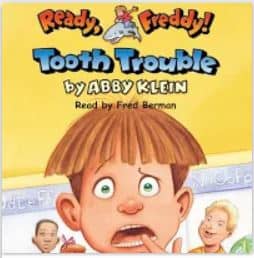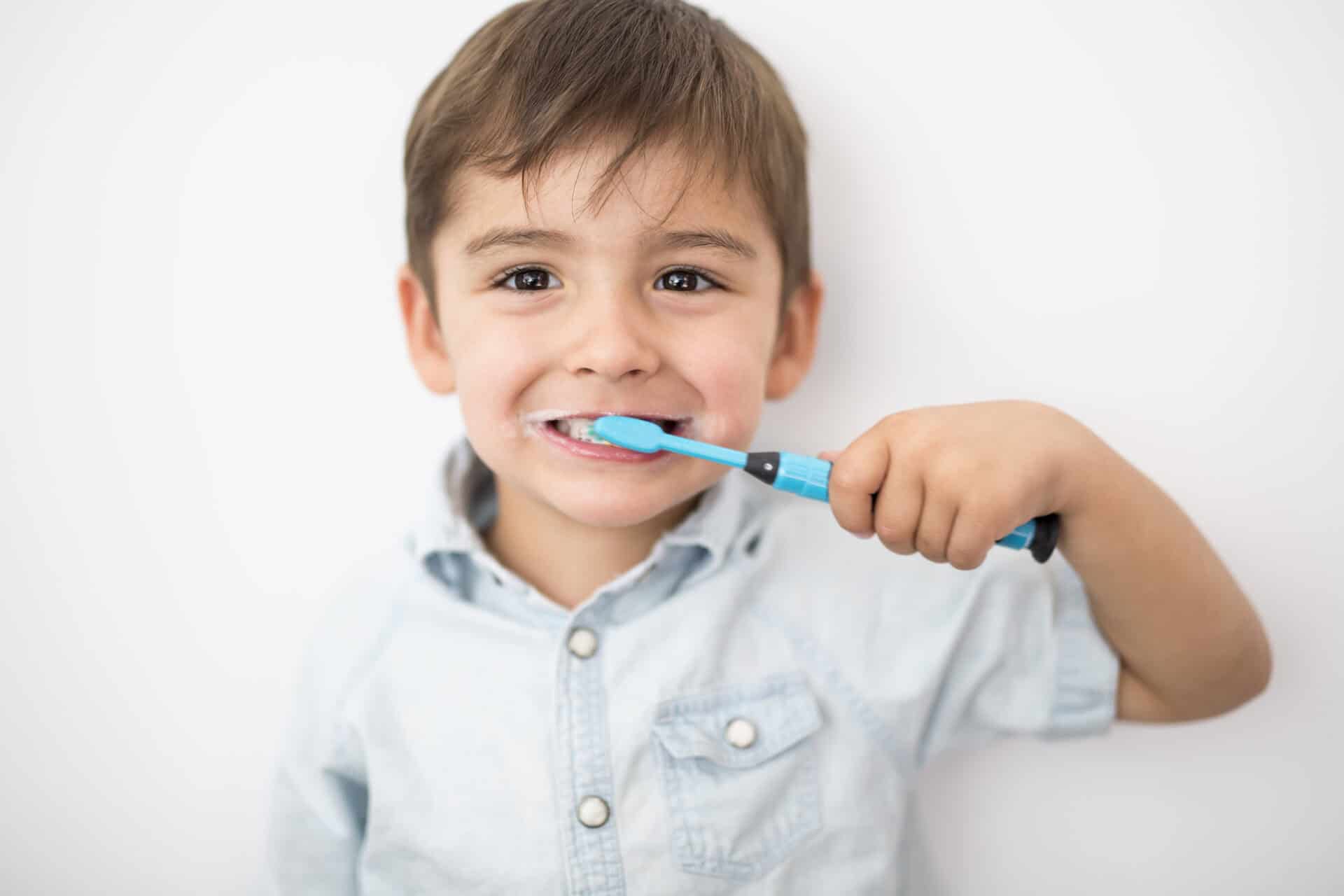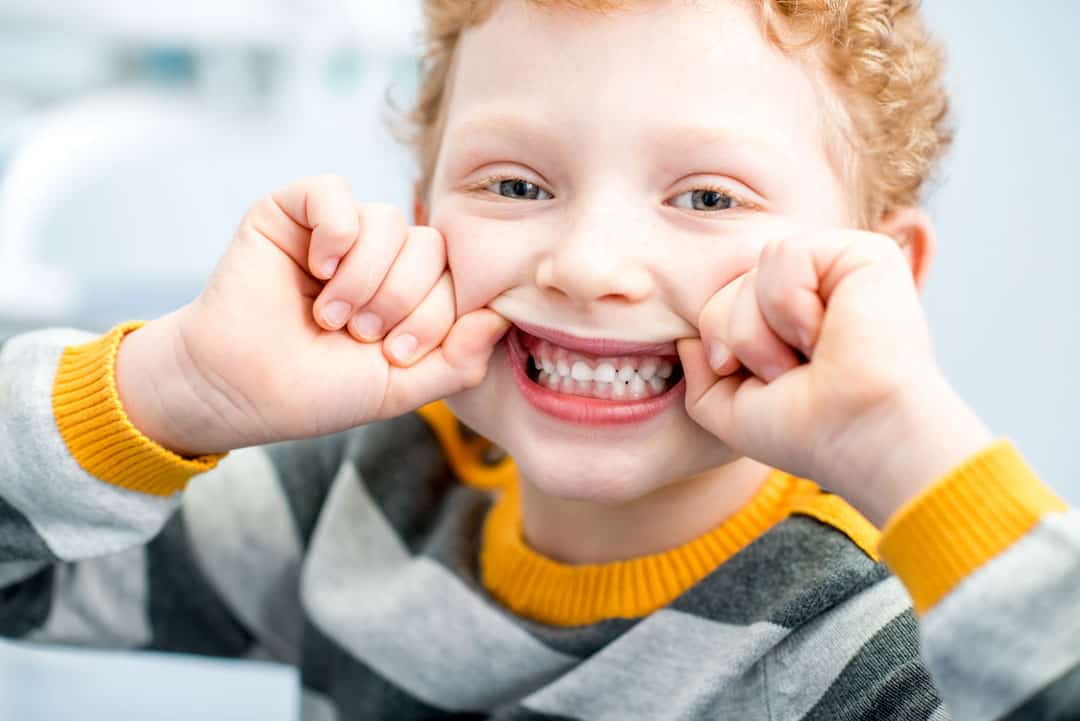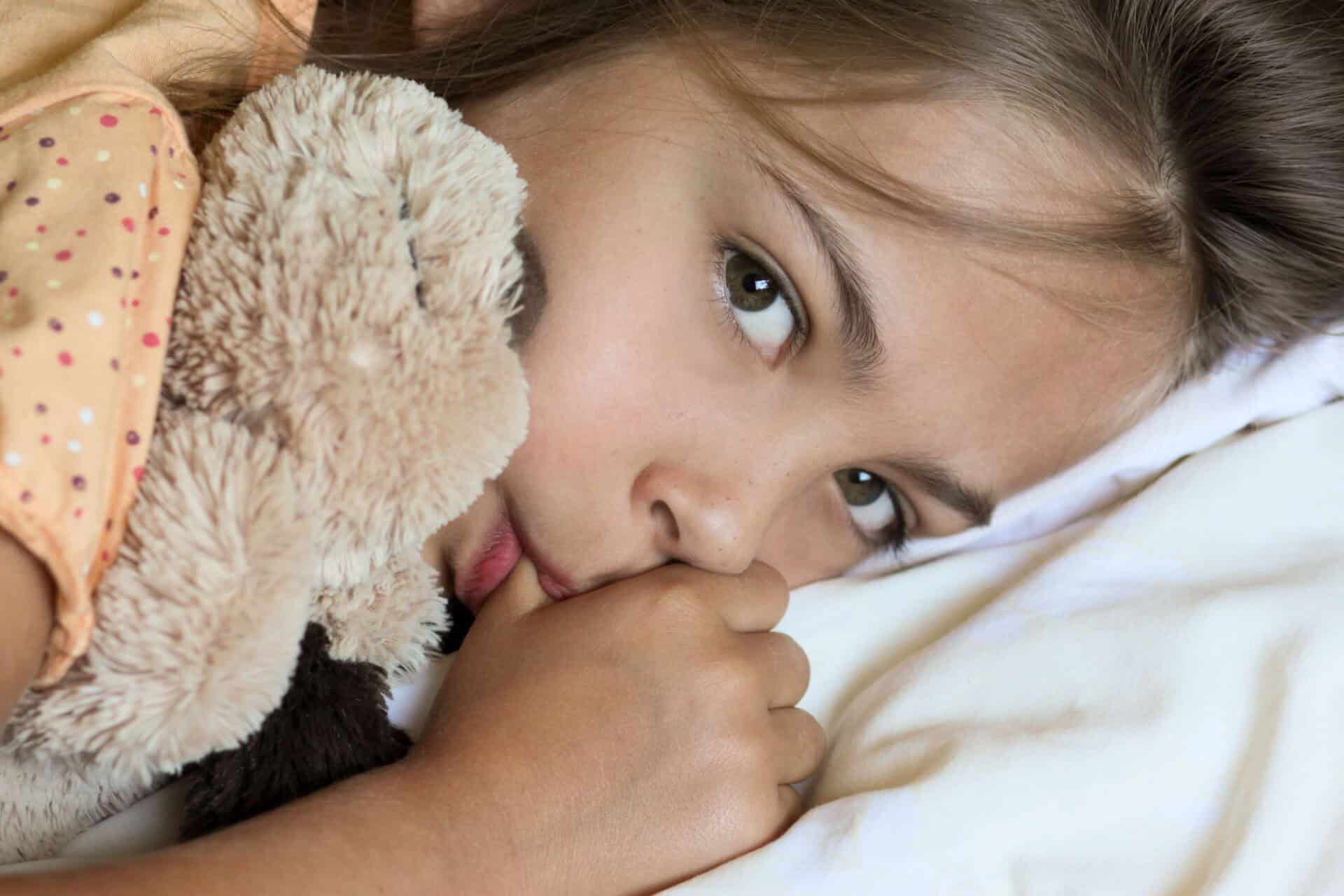Losing the first tooth is a milestone for any child: it’s a sure-fire way to tell that he or she is “growing up” and starting to leave the trappings of babyhood behind. Tooth Fairies across America had better start breaking out the quarters, because we’re going to be talking about child tooth loss: what’s “normal” and what’s not.
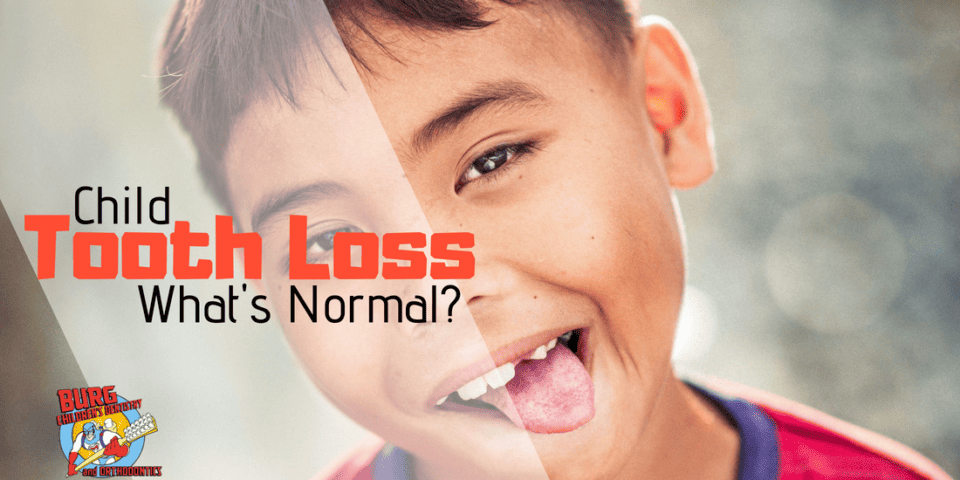
What’s “Normal”
Most children begin losing their baby teeth (also called primary teeth) around the age of 6 or 7. But don’t fret too much if your individual child loses one at age 4 or doesn’t start till age 8 or 9; losing the first tooth anywhere between age 4 and 9 is considered within the “normal” range. But of course, if you have concerns about your child’s tooth losing schedule, be sure to contact a good Utah pediatric dentist like Burg Children’s Dentistry.
Some kids are totally excited about losing teeth while other children get very anxious. Some kids may worry that it will hurt or they can’t reconcile with the idea that they are “losing” a part of their body. Either reaction is normal! There are lots of children’s picture books out there on this subject; so reading about it with your child coupled with frank discussion will help to dispel myths and give them the truth about tooth loss.
Remember, losing baby teeth is a process that makes room for the eruption of adult teeth. For some kids, permanent teeth erupt before the primary ones fall out. This is popularly called “shark’s teeth.” Reassure your child that this phenomenon is “normal” for them and that those big teeth will naturally push the baby ones out in just a matter of weeks.
It is normal for brand new permanent teeth to have ridges along the top, since they haven’t had a chance to get worn down yet through chewing. Permanent teeth are usually not as brilliant white in color as primary ones: and this is normal too. Finally, most permanent teeth appear awkward at first because their size is out of proportion to little mouths. Don’t worry: your child will grow into them!
What’s Not
Baby teeth act as place markers for permanent teeth, so if they start falling out too early or one gets knocked out prematurely it may cause a few problems down the road. Be sure to consult with your Utah pediatric dentist at once! If your child loses a permanent tooth, it’s important to act quickly. Attend to your child’s immediate needs and then, if possible, retrieve the tooth (be sure to grasp it by the crown and not by the roots). After rinsing the tooth in water, take it and your child to the dentist ASAP: there’s a good chance it can be replaced.

Burg & Your Child’s Loose Teeth
At each of our offices we are ready to help with both the teething and falling out stages of your child’s development. Our professional and experienced doctors can help your child remove a loose tooth, loosen a stubborn tooth, and give you any advice on future loose teeth. If you’d like to learn more about this please don’t hesitate to call!


